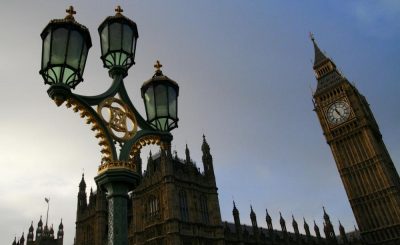‘Secrecy’ Clause for Britain’s New Environment Watchdog
Proposals for the new Office for Environmental Protection may undermine right to access information under the Environmental Information Regulations after Brexit.

The public will have no right to information about issues which the new environmental watchdog, a public authority or a minister does not wish to disclose, according to the Campaign for Freedom of Information.
The watchdog is being set up under the draft Environment (Principles and Governance) Bill in order to replace the oversight of the European Commission once the UK leaves the EU.
It will be able to investigate complaints alleging a serious failure by a public authority, and set out the measures it expects to be taken to correct this. If these are not complied with, it will be able to take legal action against the authority.
Aarhus
However, campaigners claim that under clause 28 of the bill, the public will have no right to information about investigations.
The clause states both that the OEP cannot disclose information it has obtained from an authority under investigation if the authority does not want it to, and that a public authority would be prohibited from disclosing correspondence relating to an investigation without the OEP’s consent.
Campaigners fear that this clause will override the right of access that would apply under the Environmental Information Regulations (EIR), through which the UK complies with the international Aarhus Convention governing rights of access to information on environmental matters.
Infraction
Campaigners argue that:
“This would be a major reversal of the progress made over more than 25 years in opening up environmental information – and a huge backward step for our right to know.”
A spokeswoman for the environment department (DEFRA) said that the government was committed to compliance with the Aarhus Convention, but information about the enforcement activity of the OEP needed to have an “appropriate degree” of protection to avoid prejudicing possible legal proceedings.
This was similar to arrangements in the EU where particular documents from the European Commission are not published while infraction cases are live, she added.
*
Note to readers: please click the share buttons below. Forward this article to your email lists. Crosspost on your blog site, internet forums. etc.
Catherine Early is a freelance environmental journalist and chief reporter for the Ecologist. She can be found tweeting at @Cat_Early76.
Featured image is from The Ecologist

